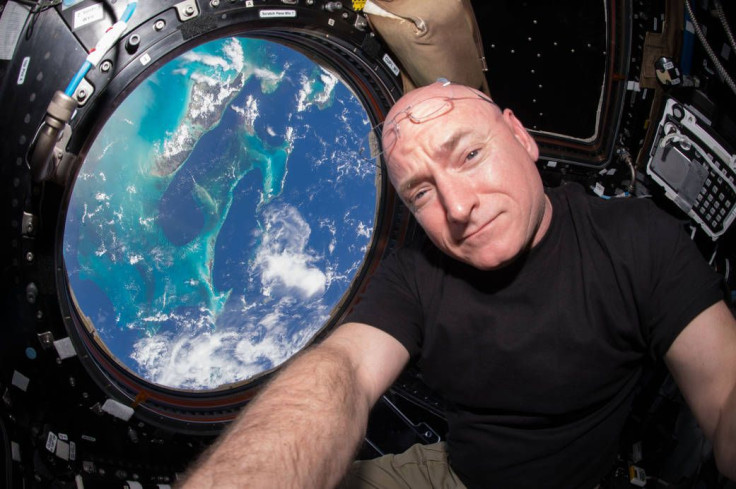Are Genetically Modified Astronauts Key To Colonizing Mars?

The future of space travel is no longer limited to NASA, private citizens like Elon Musk and Jeff Bezos are exploring space travel as well.
With more people working on advancing the technology of space travel it’s not much of a surprise that genetic engineering would be considered, especially with plans for longer missions like the mission to Mars.
Read: Blue Origin Rocket: Jeff Bezos Says No Bathroom Breaks Allowed On Flights To Space
NASA is planning on sending humans to Mars sometime in the next 20 to 30 years, a plan that’s already underway. The mission is set to be a one-way trip, but what information NASA gathers from the trip could help researchers learn how to better prepare humans for future trips.
A member of the department of Physiology and Biophysics at Cornell, Christopher Mason, is creating a plan for human space travel, according to MIT Technology Review. Mason has a 500-year plan for the colonization of Mars that includes genetic engineering to alter humans to better live on Mars. But Mason is still trying to figure out which parts of DNA can be altered and which shouldn’t be touched.
NASA has only ventured into this type of research in studying twins, one here on Earth and one in space. The research is set to be released later in 2017 and will detail the differences NASA discovers between the genetically identical men exposed to different environments for a full year. NASA calls the research “a stepping stone towards long duration space exploration such as journeys to Mars.”
Mason hopes to find a way to make humans more resistant to radiation, according to MIT Tech Review. The conditions both in space and on other planets like Mars that lack the atmosphere Earth has are enough to harm and kill humans as is, even with protective gear.
Genetic editing is already in the works, but for health purposes like eliminating a dangerous disease from the genes of an embryo, not for creating babies for space travel or “designer babies.” The industry has also been wrapped up in legal battles with the patent battle over CRISPR technology.
Astronauts are already a rare people who can keep calm in situations most people wouldn’t be able to, solve problems quickly and have the physical and mental capacity to handle and process space travel and exploration. All traits that can be hard to come by in one person, that’s why it’s so hard to become an astronaut, at least for now.
© Copyright IBTimes 2024. All rights reserved.





















